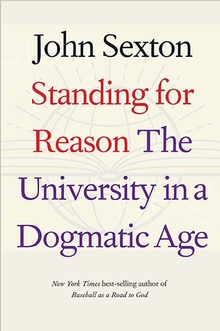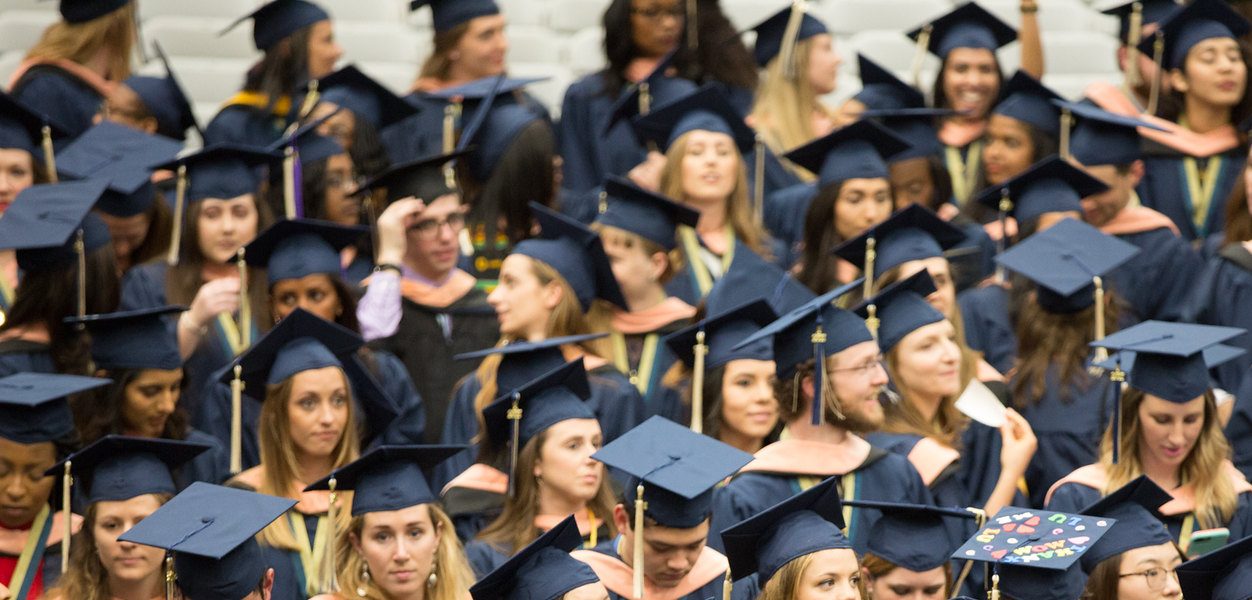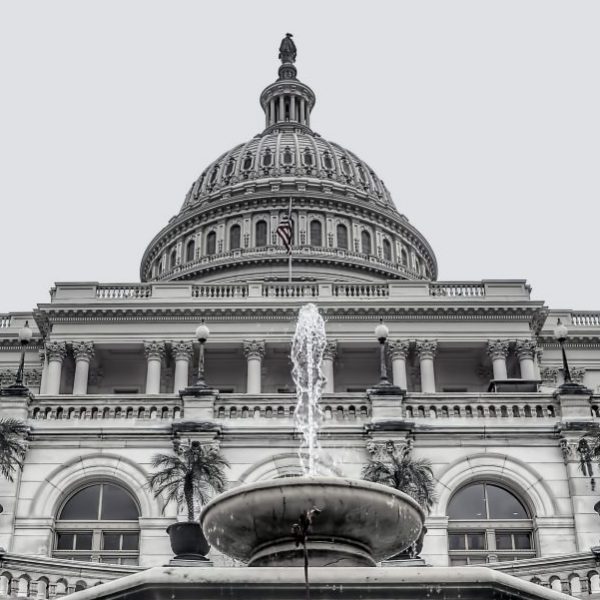Classism Is the Real College Admissions Scandal
John Sexton—
In Reclaiming the Game, former Princeton president Bill Bowen and Sarah Levin wrote: “In no other country in the world is athletics so embedded within the institutional structure of higher education as in the United States.” Published in 2005, their book went on to highlight the scandalous fact that at some of the nation’s most selective universities and colleges, athletic coaches unilaterally admitted a significant number of students — frequently without even a reference to the standard admissions process — in the interest of fielding stronger teams. In this context, it is no surprise that this backdoor admissions process has been further corrupted by individuals who concocted a profitable scheme to open that backdoor more widely to allow even students who had never played the sport to enter under the flag of a coach’s endorsement.
This compound manipulation exposed the shocking unfairness by which we allocate what arguably is the most valuable resource our society offers to its citizens selectively: higher education. But while the scandal is shocking, it is still only a particular example of a more pervasive problem: The fact that higher education, the key to advancement and hope, is becoming a powerful instrument of social stratification.
The overall numbers show that our system is rife with structural injustices that indicate an immorality much deeper than the sensational crimes committed on behalf of a conniving few. Nearly 70 percent of the students at our most selective colleges are from a family in the nation’s top income quartile, while only four percent come from the bottom quartile. At 38 of our most selective colleges, students from families in the top one percent of national wealth occupied as many places as students from the bottom 60 percent. It cannot be doubted that these figures reflect the social power accruing at the top of the income scale, not the distribution of merit.
Indeed, comprehensive studies show that we are allowing highly capable, college-ready students from lower socioeconomic groups to slip through the cracks. Whereas students from the top economic quartile tend to be “overmatched” with colleges or universities (attending schools that offer a more advanced program than they merit), those from the lower economic quartile are “under-matched” (attending schools that offer a less advanced program than they merit). And, when students are under-matched, they tend to perform less well in college than if they had been properly matched. They miss key programs, are not pushed by comparably gifted peers, and become bored by the lack of challenge.
Set aside for a moment the fact that these data demonstrate the absurdity of ideologically driven attacks against university programs designed to advance the inclusion of underrepresented groups. The advantages enjoyed by the over-represented are so overwhelming that we must act vigorously to address the systemic problems that prevent qualified, deserving candidates born into the wrong zip codes from attending the university or college that is right for them.
Fortunately, there are practical, effective, and even politically palatable ways forward.
There are four distinct factors involved in matching students with the best school for them. We must make sure, first, that there is a broad range of easily available, reliable, and transparent information upon which applicants can base their selections; second, that they have capable assistance in navigating the information and the application process; third, that they perceive the importance of matching themselves with an educational environment most likely to develop their talents; and finally, that they obtain the resources to seize the opportunity that is offered.
The first three of these factors turn primarily on the availability to the less privileged of sophisticated and sympathetic guides who know the elements of the system and how to play. Here, it is notable that the College Advising Corps, a non-profit, already has provided and tested a model. The CAC places trained recent college graduates from partner universities as full-time college advisers in underserved high schools. These advisers help students search for an appropriate college, complete admissions and financial aid applications, and see them through the final steps needed to complete enrollment. Close in age and background to the students they serve, they can connect with students in ways that others often cannot.
The results have been outstanding. CAC has had a significant impact on matriculation and persistence to degree. One high school experienced a 71 percent increase in college enrollment in a single year; at another, enrollment doubled. Nationally, 74 percent of those served by CAC persisted through their sophomore year, exceeding by a considerable margin the national rate for low-income students.
Once students are matched with the right school, society must guarantee that they have the resources to seize the opportunity that is offered. Again, there are successful and affordable models to build to scale. The most promising programs entail initial government loans to students, with repayment contingent on the future income (with unpaid balances forgiven after a period of years). The limited but laudable federal Pay As You Earn Program, which President Trump’s recently submitted budget proposes to eliminate, is a version of this approach – which should, instead, be expanded to meet the need.
Today, terrible disparities of wealth and opportunity – in the United States and, still more gravely, in the wider world – leave millions of children without the education they deserve. As a result, these young people never fully realize the lives they might have lived, humankind never benefits from their talent, and important perspectives are marginalized. Everyone loses. Even as we should demand accountability for the wrongdoers in this week’s headlines, we cannot allow these appalling revelations to distract us from the need for immediate action addressing the larger wrong. The solutions are available; we must seize them
John Sexton is president emeritus, dean emeritus, and Benjamin Butler Professor of Law at New York University. His previous books include the New York Times best seller Baseball as a Road to God and Redefining the Supreme Court’s Role.
Further Reading:



























